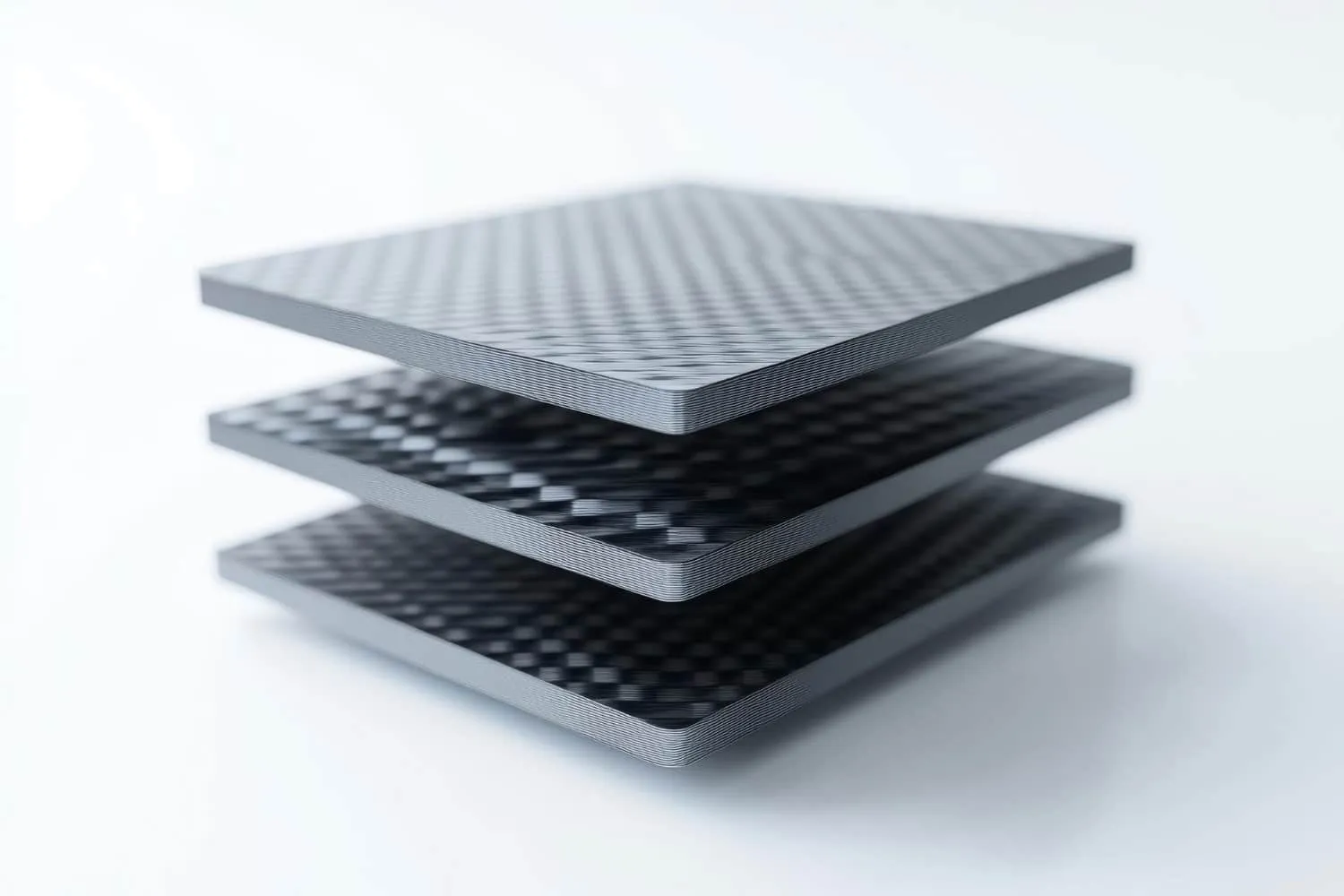Machine Learning Transforms the Future of Composite Materials

Machine learning is at the forefront of an innovative approach to creating new composite materials. Researchers, including Assistant Professors Mir Jalil Razavi and Dehao Liu from Binghamton University, are leveraging artificial intelligence to discover unique material properties and functionalities.
Innovations in Material Design
The utilization of machine learning in material science allows for quicker and more efficient design processes. By analyzing vast datasets, these technologies can predict optimal material combinations and characteristics that were previously unattainable.
Challenges and Opportunities
The research addresses significant challenges in the industry, paving the way for advancements in various applications, from construction to aerospace.
- Enhanced performance in structural integrity
- Reduced costs in material production
- Expanded possibilities in product innovation
This article was prepared using information from open sources in accordance with the principles of Ethical Policy. The editorial team is not responsible for absolute accuracy, as it relies on data from the sources referenced.